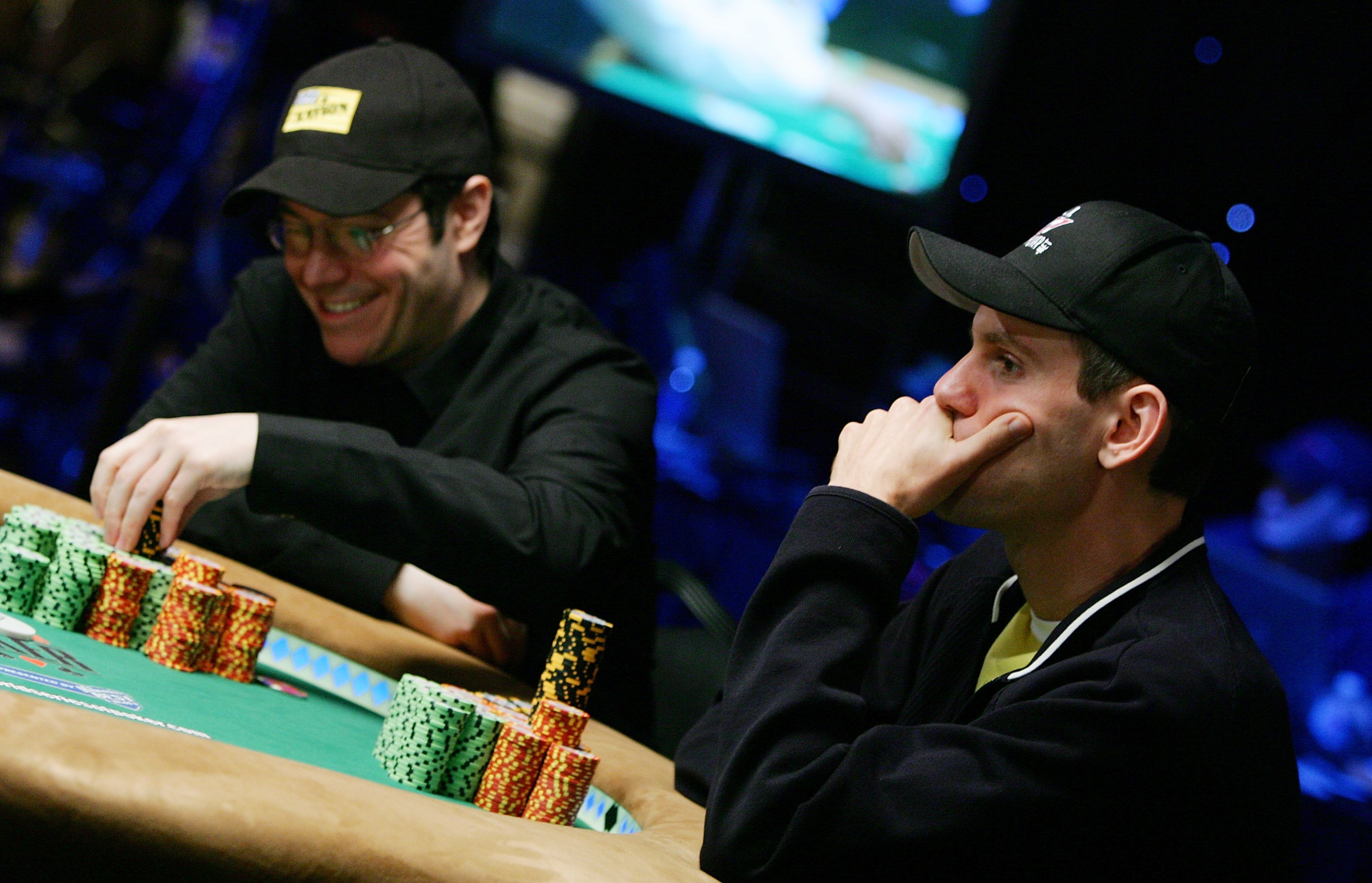In competitive environments, success is not just about playing your cards right, but also playing your opponents right.
Researchers from three universities studied the interactions of more than 35,000 individuals playing millions of poker hands online to gain insight into how people process strategic information in competitive settings.
They found that expert players use uncertainty to conceal their intentions – a complicated type of information processing. To win at poker, a player must exploit signals or clues from competitors but not become predictable to competitors.
“Poker players make money by responding intelligently to other players, and they keep that money by remaining unpredictable,” write the researchers from the University of Connecticut, University of California-Davis, and Indiana University.
Their study, published in the journal Cognitive Science, included only participants who played 100 hands or more, in order to collect more robust data.
As luck would have it, the poker table was familiar to one of the study’s authors, Dominic Albino, a Ph.D. student in economics at UConn, who spent several years playing poker professionally.
“I brought the necessary inside experience and insight to ask some of the right questions and be able to interpret the results of the analysis,” says Albino. “The evidence we had was from empirical, real-world data, which is never specifically suited to research and contains a lot of possible confounding factors.”
Albino, Seth Frey at UC Davis, and Paul Williams at Indiana University, asked what makes poker experts better than amateurs?
By understanding uncertain strategic behavior in terms of information processing complexity, they offered a detailed account of how experts extract, process, and conceal valuable information in a high-uncertainty, high-stakes competitive environment.
“In poker, luck is a factor,” said Albino. “But the more you play, the less of a factor luck becomes.”
Expert poker players maximize information without becoming predictable
Interest in strategic experts, particularly chess experts, goes back to the roots of both cognitive science and artificial intelligence, and many studies have looked at the way people play games since the 1950s, according to Frey.
Poker is a game of incomplete information. Players must make decisions without access to the full state of the game – the publicly available cards and bets on the table and how those might impact the hidden cards of their opponents. This differs from chess, where the full board is observable.
Poker experts – those defined as earning profit from playing most of the time – must extract information from others without revealing too much themselves.
“Inexperienced poker players don’t play poker well because of their lack of experience, but they also tend to have an initial advantage because they are unpredictable,” said Albino. “Over the long term that isn’t sustainable, because they don’t know how to take advantage of it and opponents will eventually learn their tendencies.”
The researchers looked at the poker game “No-limit Texas Hold ’em,” which works well for the study because the game is designed to make bluffing a central aspect of play.
The game offers many mechanisms by which players can strategically misinform each other about the value of their cards. Players with strong hands may signal weak hands with small bets to keep the pot growing, and players with weak hands may signal strong hands with large bets to intimidate their opponents into folding before “showdown,” when all players remaining in the game must reveal their hands. Often there is one player left who collects the pot of money.
The online version of the game eliminates in-person knowledge of other players, including cues such as eye contact and body language, which could be a disadvantage. However, most online experts take advantage of software and other resources, making up for lack of in-person knowledge by building behavioral dossiers on their opponents and even collecting or buying records of other players’ “hand histories,” Frey said.
Professional poker players are experts at extracting signal from noise across many channels, and at integrating information from those channels both to exploit their opponents and protect themselves.
They are, in effect, using the private information from their own hidden cards to obscure the public information about their betting and strategy. This is the same process used in computer security for public-private key encryption.
“We solve an interesting puzzle about strategic reasoning,” write the researchers. “When it comes to the tradeoff between exploiting good opportunities and becoming predictable, those who encrypt their reasoning can eat their cake and have it, too.”
The findings provide insight into research in areas as wide-ranging as computer science, decision making, and game theory.
But even when looking at expert players, it appears the odds of winning are long. According to the data collected in the study, only 10 to 15 percent of poker players are profitable.



